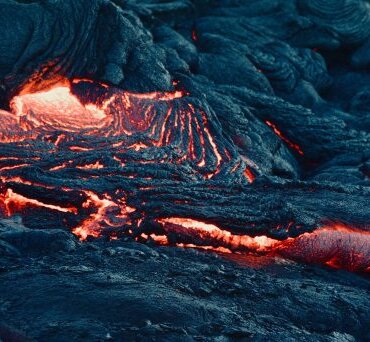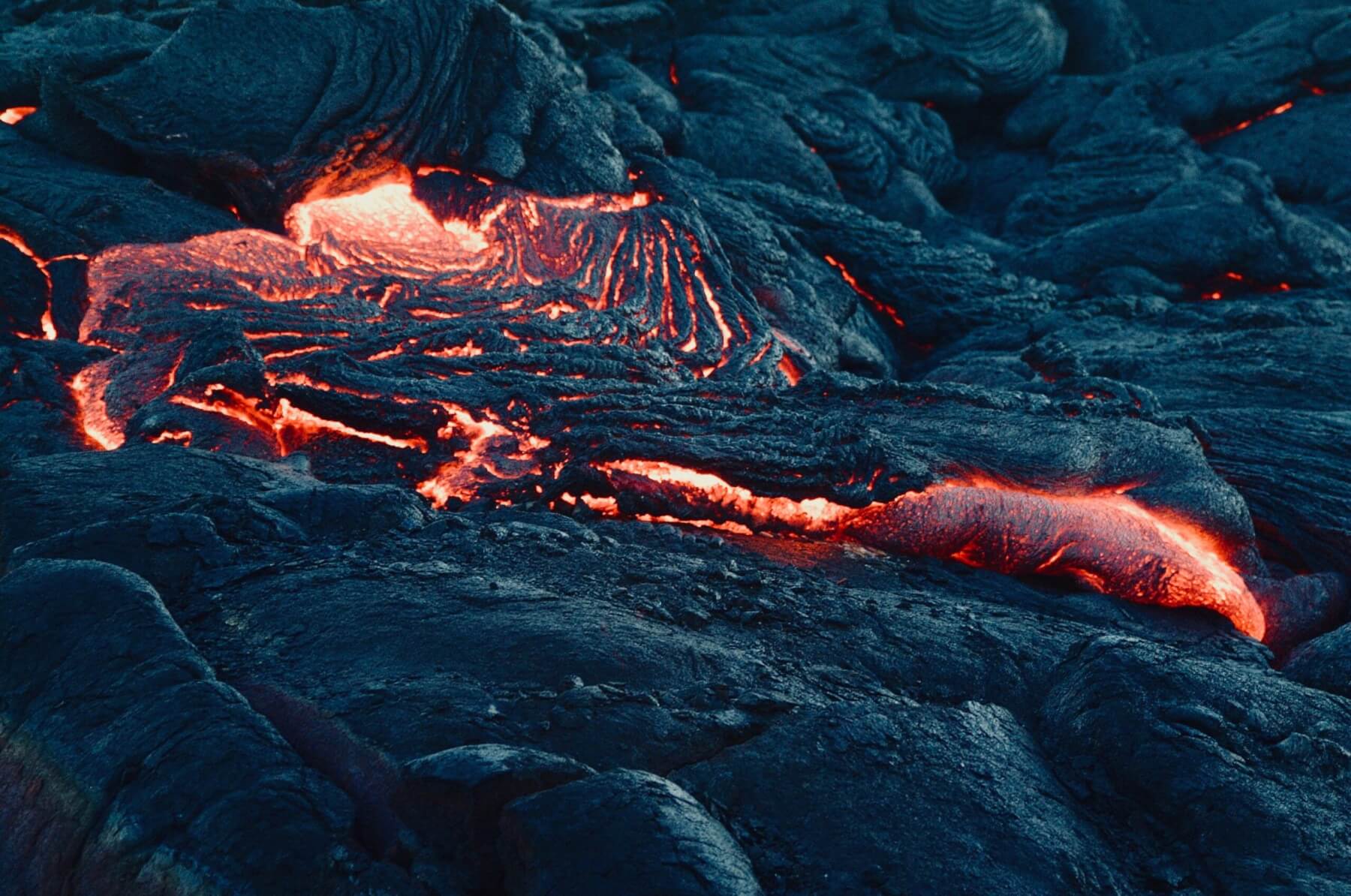
Volcano
We are watching the complexity of volcanic unrest in real time in Iceland.
A rapid increase in activity resulted from magma rising pretty close to the surface across a 15 km long area, causing earthquakes in the broader area and fractures through the town of Grindavík.
Now we wait. There is so much uncertainty in the situation that the volcano may have erupted by the time this is printed, or people could still be waiting to see if they lose their homes. Thankfully it is looking less likely that the volcano will erupt in the town, but we will only know with time.
This body of magma is what we call an intrusion, or a dyke, where a long batch of magma pushes upwards through the crust. This is not necessarily a straight-forward process. As the magma nears the surface, it changes. As it rises, gas that is dissolved in the melt is released as the pressure from overlying rock is reduced, and crystals are growing throughout the magma. These processes change how the magma moves. The whole process is also influenced by deeper magma rising below it – does more continue to rise, does it pause, or does it stop? Will it erupt quickly, or will it wait weeks, or even months or years before fresh magma rises and gets the whole show going? I cringe when I see the word “imminent” across headlines for these reasons.
The human side of this can get worse as time goes on. Ideally, volcanoes give us enough warning to prepare and get people and things we deem important out of the way, then we have a brief eruption with a clear ending and the recovery can begin. When unrest goes on and on and people have been evacuated, the stress of waiting builds. Volcanologists, emergency managers, and other responders work around the clock in crisis mode. People who have left their homes and who may be separated from animals are in temporary accommodation not knowing if they will see their community again. Waiting.
What if it stops altogether? Even when the signs of danger are very clear, if people are evacuated and nothing happens this can understandably cause anger and distrust. People may be less likely to listen to scientists next time. We know a lot about volcanoes, we can forecast eruptions, and this does save lives. It gives people a fighting chance to gather what they can and escape while the volcano does its thing, and it helps with recovery. Had the 79AD eruption of Vesuvius happened today we may have picked up many signals that people couldn’t fee as well as understanding what the more obvious signs meant, the immense loss of life could have been prevented. Loss of life is not the only trauma though, the loss of a home, a business, and community is significant.
Is this a scenario we could see in Auckland? Yes. It is a different system and setting so not the same timeline, but we could see prolonged unrest that could cause frustration and anger. Evacuations do work, but they can also inflict harm and we are very aware of that. It’s times like this where communicating the uncertainty becomes even more difficult. Balancing the technical, scientific jargon of what we do know along with how certain we are or are not about it and translating it into language that people can work with (not “dumbing it down”) is hard. An important goal is helping people to understand these processes before a crisis hits. Once the crisis is underway information gets diluted and altered when shared online around the world. The human side of an eruption is just as complex and important as the volcano itself.
My heart goes out to those impacted by the unfolding events.










